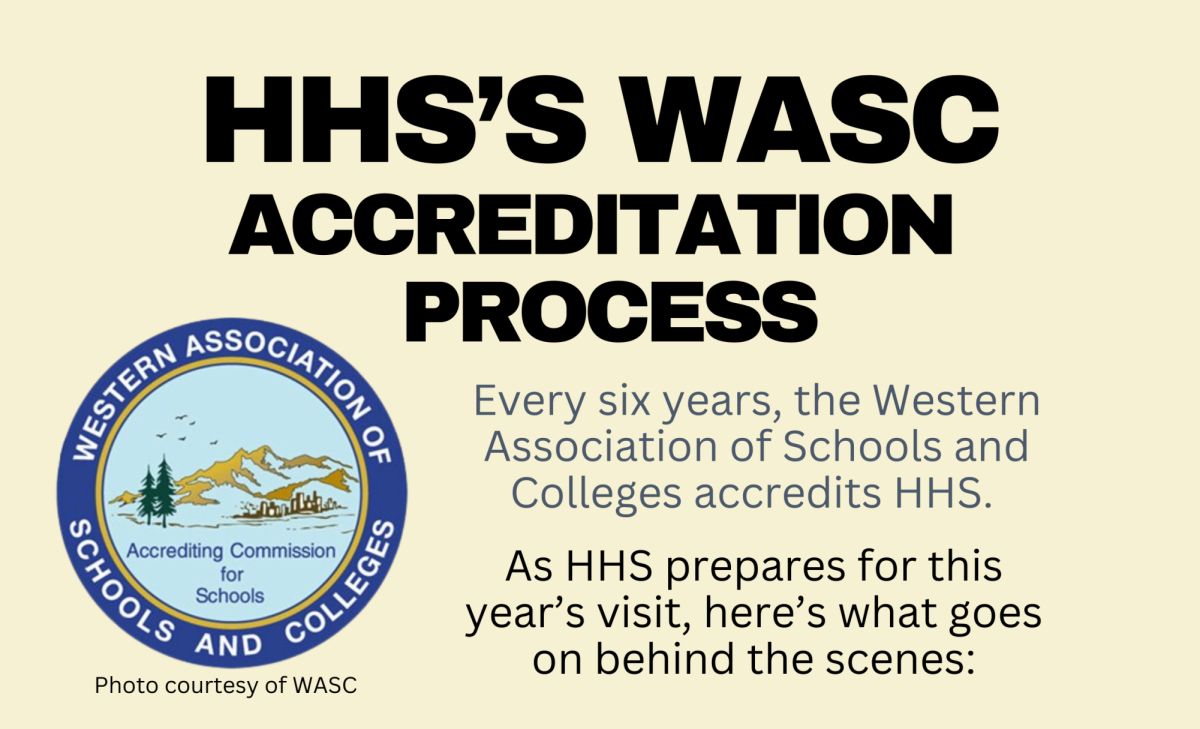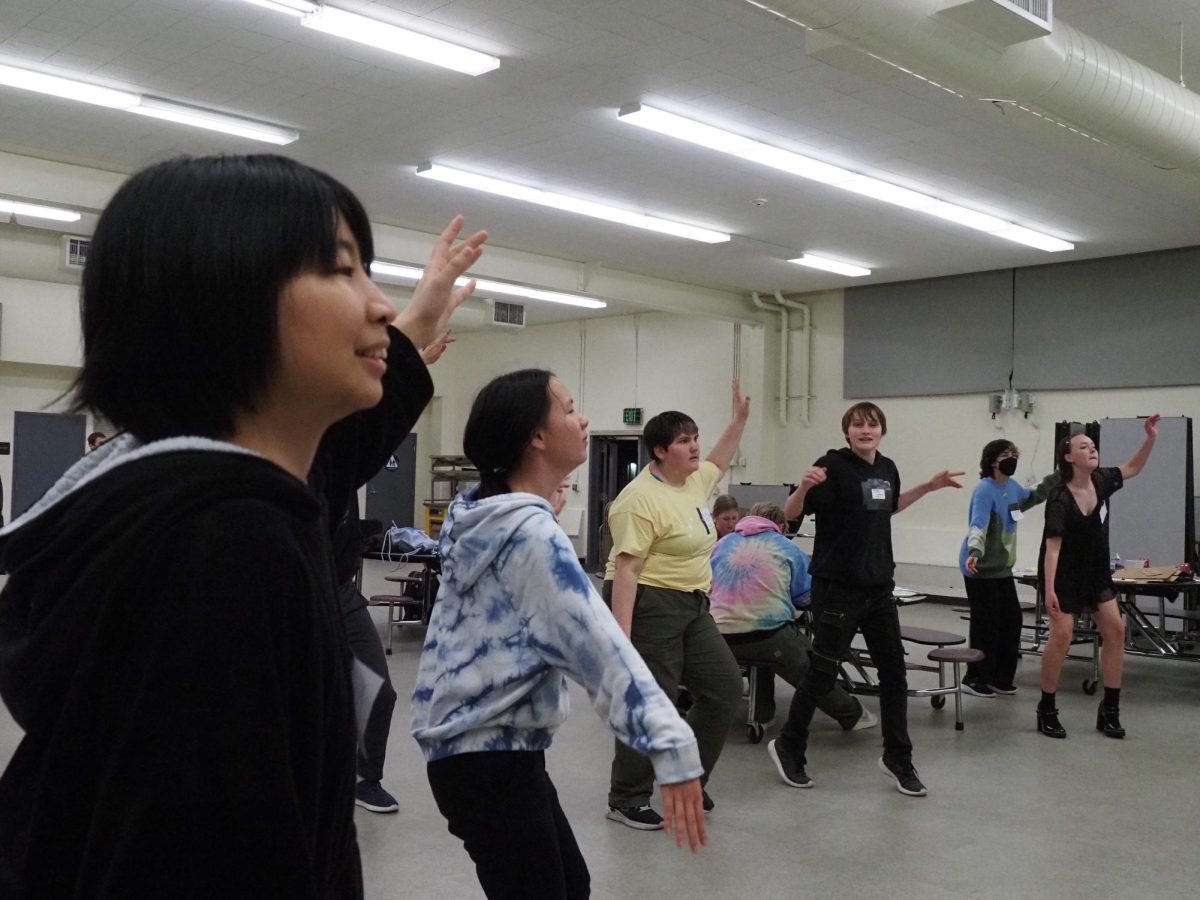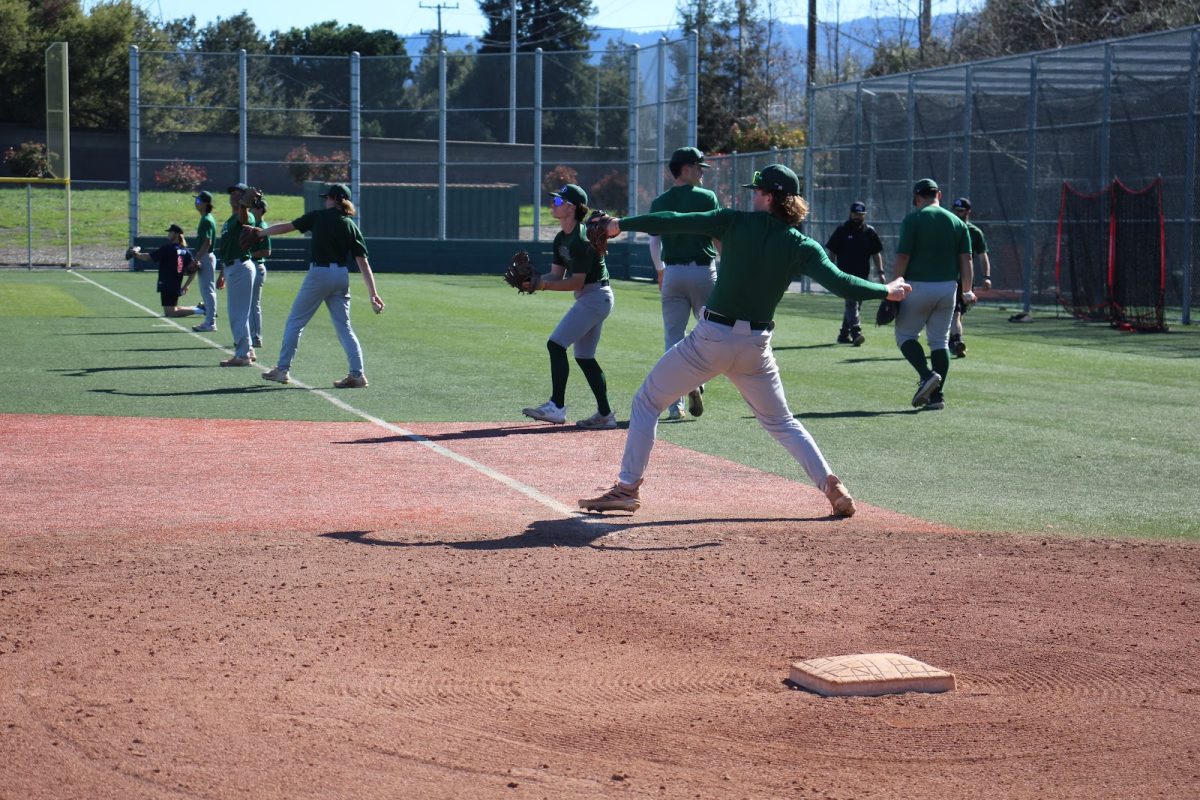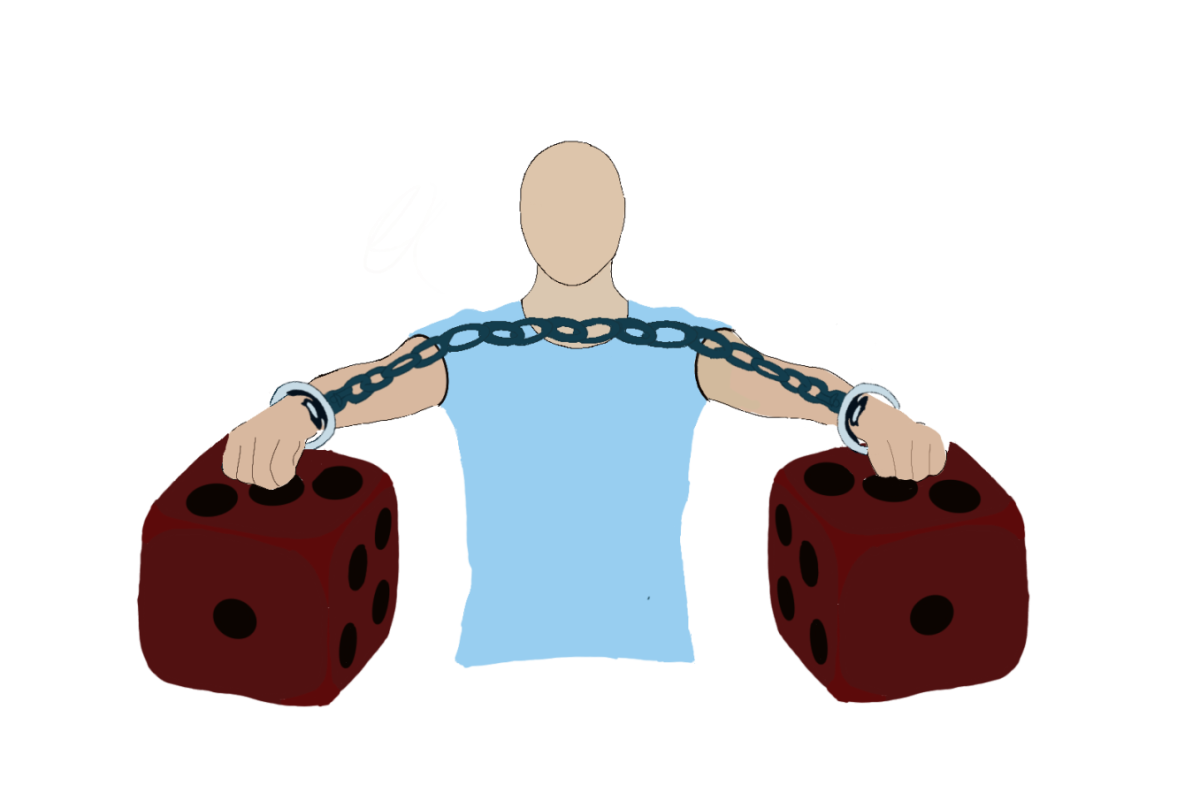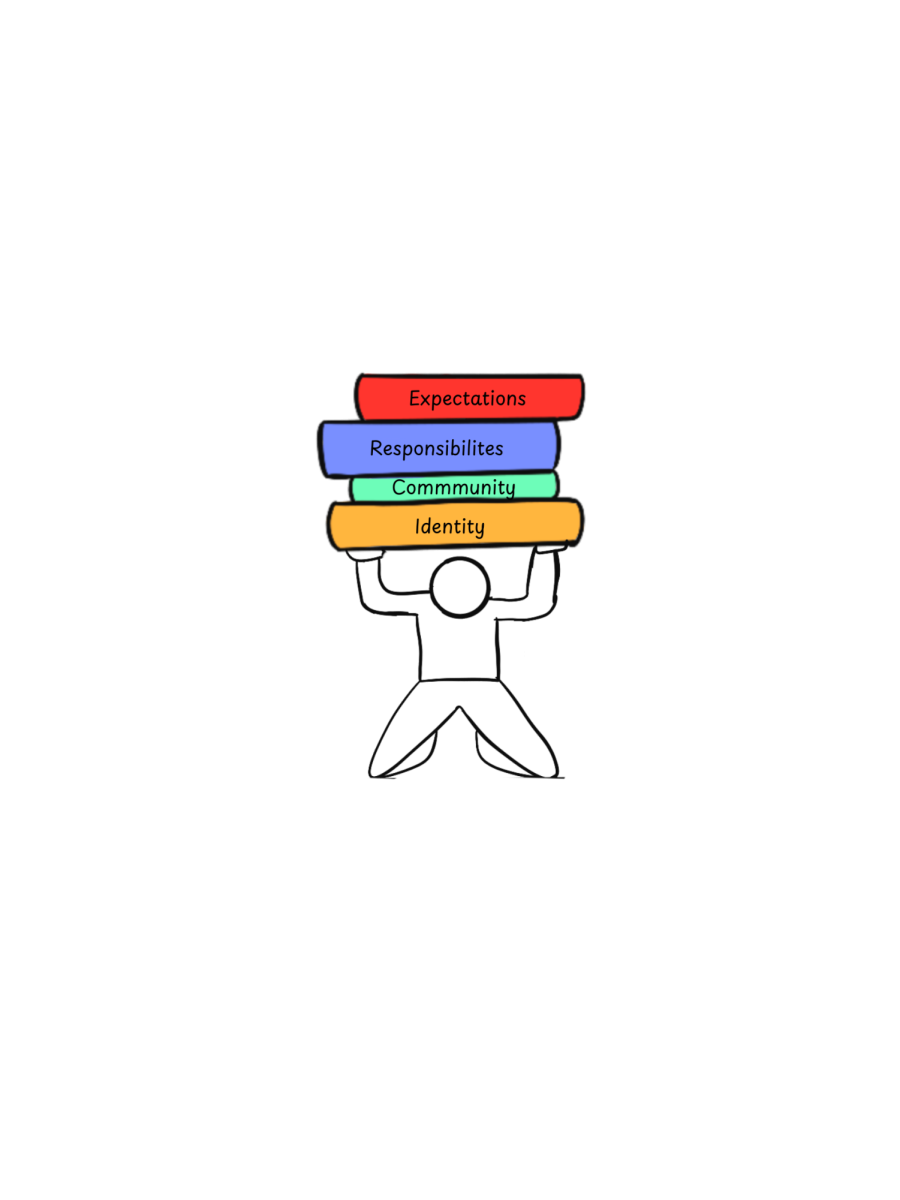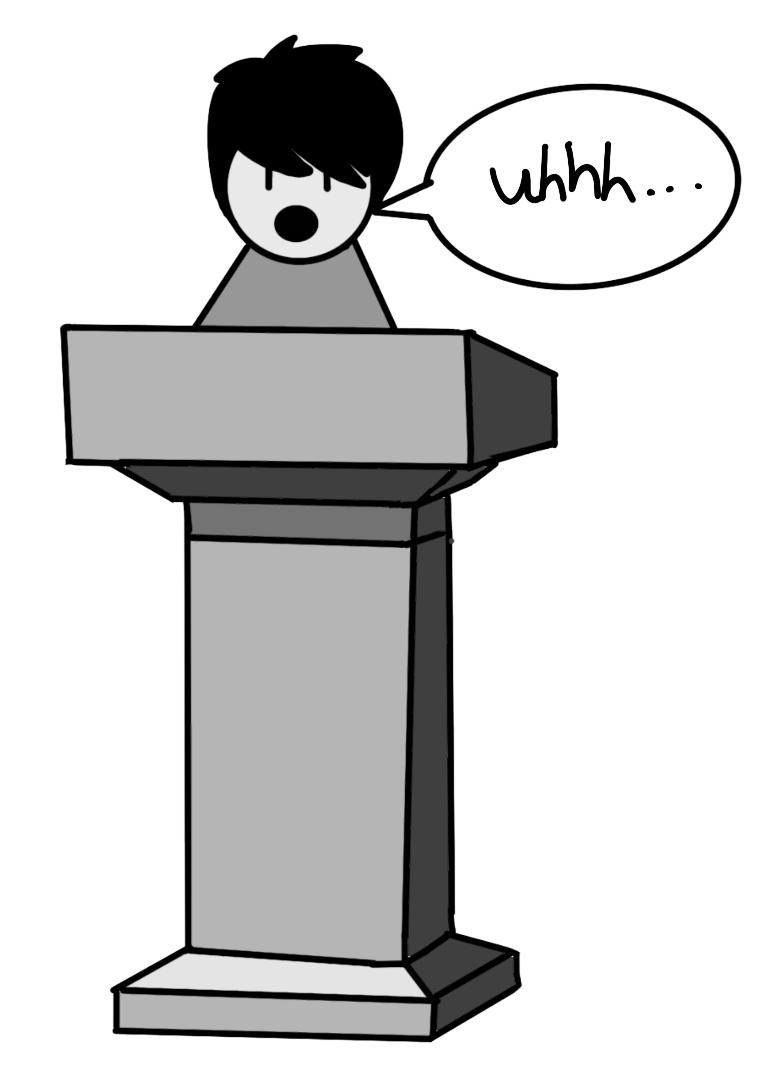A big yellow toilet, a ginormous triangle ruler, a Raiders helmet and a stuffed dinosaur: these are all examples of silly hall passes teachers give students so they can go to the restroom. These passes are symbolic of the larger issue of restrictive bathroom rules.
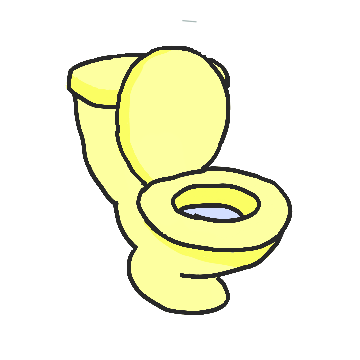
Strict guidelines are ultimately harmful to the students they aim to help since they lead to a perceived lack of trust and lack of autonomy, hindering student learning.
Administration recently requested teachers adopt a stricter stance on hall passes by making sure every student who leaves class has one and enforcing a limit of one student out of class at a time, according to principal Greg Giglio. This was only a reminder of the existing rules, not an actual change of policy, Giglio added.
However, hall passes and rules regulating bathroom usage throughout the day have significant issues. Hall passes are meant to help teachers keep track of students and for administrators to verify that a student seen out of class has a legitimate reason. Yet, this implementation does not guarantee this goal is achieved because students can still take the hall pass and return after an extended period.
Some restrictions set out by teachers limit the frequency and timing of permitted bathroom breaks, some only grant bathroom access to one student at a time and some only permit students to leave class during extreme emergencies. These rules prevent students from going when they actually need to.
Students who have been denied access to restrooms are also more likely to be distracted by their physical needs than if they were allowed to go in the first place. This completely defeats the purpose of those restrictions, by making it even more difficult for students to learn.
Next, when teachers are forced to track students using hall passes, it implies doubt in their students’ intentions. It presents as suspicion and students no longer feel that they are independent or to be trusted. This mistrust harms the student-teacher relationship, one that is important to academic and social well-being, according to the American Psychological Association.
Additionally, high school students are expected to be generally responsible for themselves. As such, they should be trusted to walk to the bathroom and come back responsibly. It is no longer appropriate to place restrictions on when students are allowed to leave class, they are old enough to figure that out for themselves. If teachers were to let students decide for themselves what is best, it would show mutual respect between the two parties, a key to good behavior in students, according to the Journal of Leadership Education.
It is time to prioritize the health and well-being of students. The administration should stop letting their fear of student misconduct interfere and dispose of hall passes altogether. Instead, teachers should let students out of class without questioning their intentions.





